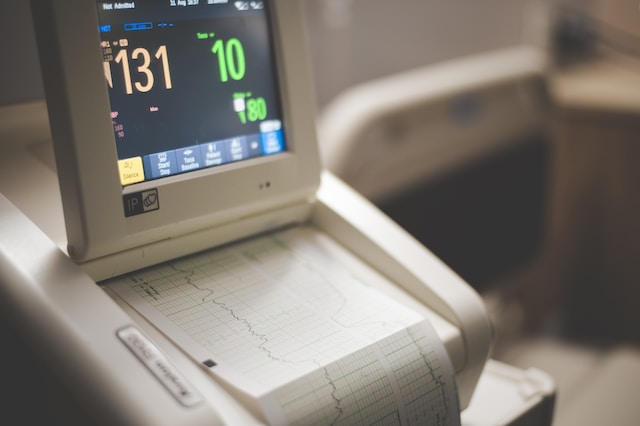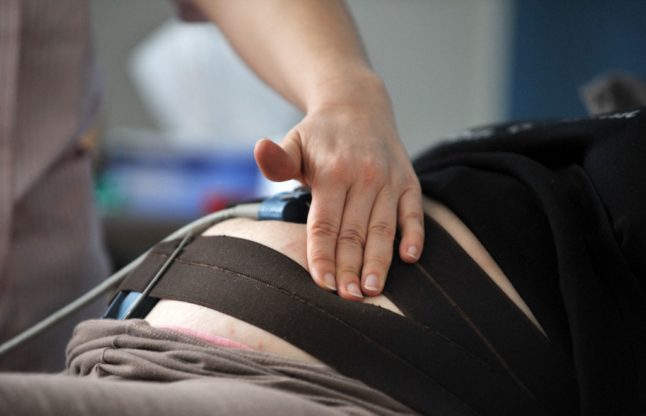An electrician and father of four has been charged with child neglect after leaving his three-year-old son alone in a car in the early hours of the morning.
A passerby spotted the toddler in the car at 3am on January 9th and alerted police.
With help from the child, they located the man, who was playing a poker video game in the bar in Ostia, a coastal city near Rome.
In court, the 34-year-old father claimed he had only been playing for around fifteen minutes after going into the bar to greet a friend, the Corriere di Roma reported.
While he waited, the child was reportedly trying to keep warm and attract attention by bouncing in his seat. He was wearing only a romper suit and the temperature at the time was -5C, as Italy has been suffering from unusually low temperatures and heavy wind and snow.
To make matters worse, the car had a smashed rear window, which had been replaced with fabric, according to Italian media.
The judge rejected a request from the defendant's lawyer to serve his sentence under house arrest. He has been sentenced to three years and four months in jail, during which time the child will stay with his mother.
Italy's gambling problem
In early September this year, PM Matteo Renzi announced a plan to limit slot machines in Italy, including the complete removal of the machines from restaurants, hotels, beach resorts and shops, with a significant reduction in their number in bars and newsagents. The plan also included a reduction of hours during which machines can be operated and better regulation of casinos.
And over the summer, the town of Anacapri on the southern island of Capri became the first to completely outlaw slot machines after a referendum of the 6,000 islanders. Similar appeals had previously failed in the northern cities Bologna and Bergamo.
At the time, the mayor told The Local he hoped the move would persuade other towns to follow suit.
However, a volunteer with Gamblers Anonymous said that while outlawing machines in the town was a good start and might help prevent children getting involved, “compulsive gamblers will continue to find a way and can continue to buy scratchcards, bet online and place bets on sport.”





 Please whitelist us to continue reading.
Please whitelist us to continue reading.
Member comments